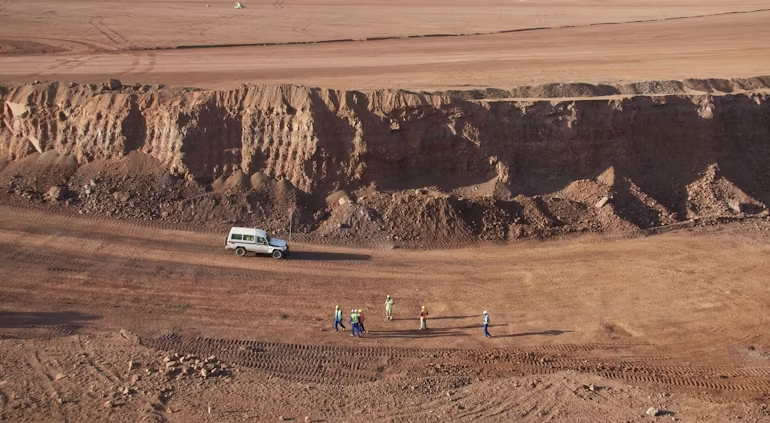Nigerien military authorities have withdrawn the operating permit for a large uranium mine from the French company Orano, the company said, significantly escalating tensions between the military junta and the country’s former colonial power.
Niger, a landlocked country of 26 million, is the world’s seventh biggest supplier of uranium, used for the production of weapons and nuclear power. In 2022, the country supplied over a quarter of the uranium used in the European Union, according to the bloc’s nuclear energy agency, making it its second-biggest uranium source, after Kazakhstan.
Before the military coup last year, Niger was the West’s major economic and security partner in the Sahel, the vast region south of the Sahara Desert that has become a hot spot for violent extremism. But the military junta which seized power on the pledge of cutting ties with the West vowed to review mining concessions in the country and ordered the withdrawal of Western troops.
The Imouraren mine, located in the northern part of the country, is one of the largest uranium deposits in the world, with reserves estimated at 200,000 tons. Mining activities were supposed to start there in 2015, but production was halted after the crash in uranium prices following the 2011 Fukushima nuclear disaster in Japan.
Thursday’s decision by the Nigerien junta comes “despite the resumption of activities on site, pursuant to the expectations they had expressed,” the company said in a statement.
“Current market conditions, with a favorable increase in the price of uranium, make it possible to once again consider putting Imouraren into operation,” it said late Thursday. The infrastructure had reopened earlier this month, it added.
The company’s exploitation plan “did not meet our expectations,” the Nigerien mining ministry wrote to the company in a letter dated June 20 and seen by The Associated Press. As a result, the mine has been “returned to the public domain” and exempted from all contractual rights, the letter said.
Orano, which has been operating in Niger for over 50 years, said it has always followed “a responsible approach of partnership and transparency, acting in continuous consultation with the State of Niger and local stakeholders.”
The company said it was “willing to keep all channels of communication open” with the Nigerien junta, but it reserved the right to challenge the decision to withdraw the permit in a national or international court.
Source: ABC News


